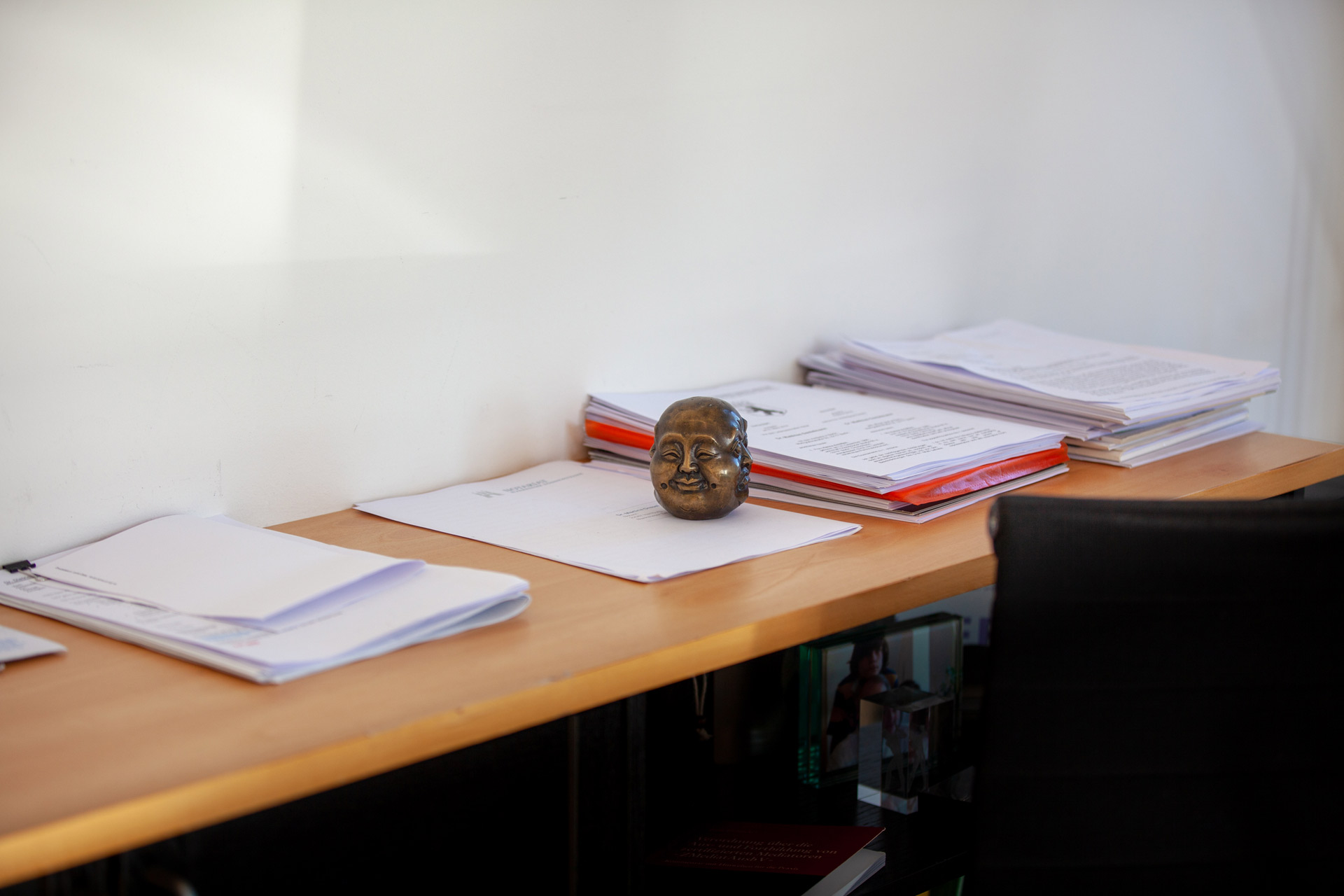Low costs and speedier resolution of disputes
The principle of voluntary participation
Parties take on sole responsibility
Neutrality/non-partiality of the mediator
Confidentiality of proceedings
Mediation
As an alternative to judicial litigations, mediation offers the opportunity to solve disputes in other ways.
As an alternative to judicial litigations, mediation offers the opportunity to solve disputes in other ways (ADR Alternative Dispute Resolution). Mediation can be applied to disputes in commercial life, on the shop floor, in conflicts involving heirs or families, in public planning situations as well as in disputes between private entities.
Mediation assures the following:
Mediation is an out-of-court settlement reached by the parties themselves on a win-win basis. Mediation follows a specific procedure through which the mediator accompanies the parties professionally and purposefully. This means, among other things, respecting and appreciating the respective wishes and interests of the parties involved and making the different points of view of the parties recognisable.
Important prerequisites for mediation are that the parties voluntarily participate in the procedure and that the mediators are subject to a strict requirement of neutrality. Therefore, for example, mediation by a lawyer who is also a mediator but who already knows one of the parties involved from a legal mandate is not possible. This mediation would have to be carried out by a mediator who knows neither party. Another important prerequisite, however, is that the parties know their rights precisely, so that the mediator must ensure that no party uninformed agrees to an agreement. If necessary, advice from a third party should then be sought.
The advantage of mediation lies in the future-oriented agreement, whereby possible legal claims play a subordinate role. Mediation takes place confidentially and with the exclusion of third parties. It can be started at very short notice and thus saves a lot of time and money. In contrast to a court settlement, where there are always only losers, an agreement through mediation should offer mutual advantages to the parties involved.
Further details on the mediation procedure are regulated by law (Mediation Act). The mediator is also obliged to observe the provisions of the Code of Conduct and the principles of mediation. The certified mediator is subject to further training and supervision.
Our mediators

NICOLE ETSCHEIT, M.A.
Mediator
Lawyer

DR. DIETRICH PIELSTICKER, M.A.
Mediator
Lawyer, Notary (retired)
Attorney-at-Law, New York
Die Ausbildung
Our highly-qualified mediators have the necessary communications and negotiation skills. The most important quality of a mediator is to have a balanced awareness of the positions of the parties in dispute – thus the line of understanding results in success for both sides.

Nicole Etscheit and Dietrich Pielsticker are founding partners of  a mediation company.
a mediation company.
At www.adribo.com you will find detailed information on our mediation services, or simply call us.


